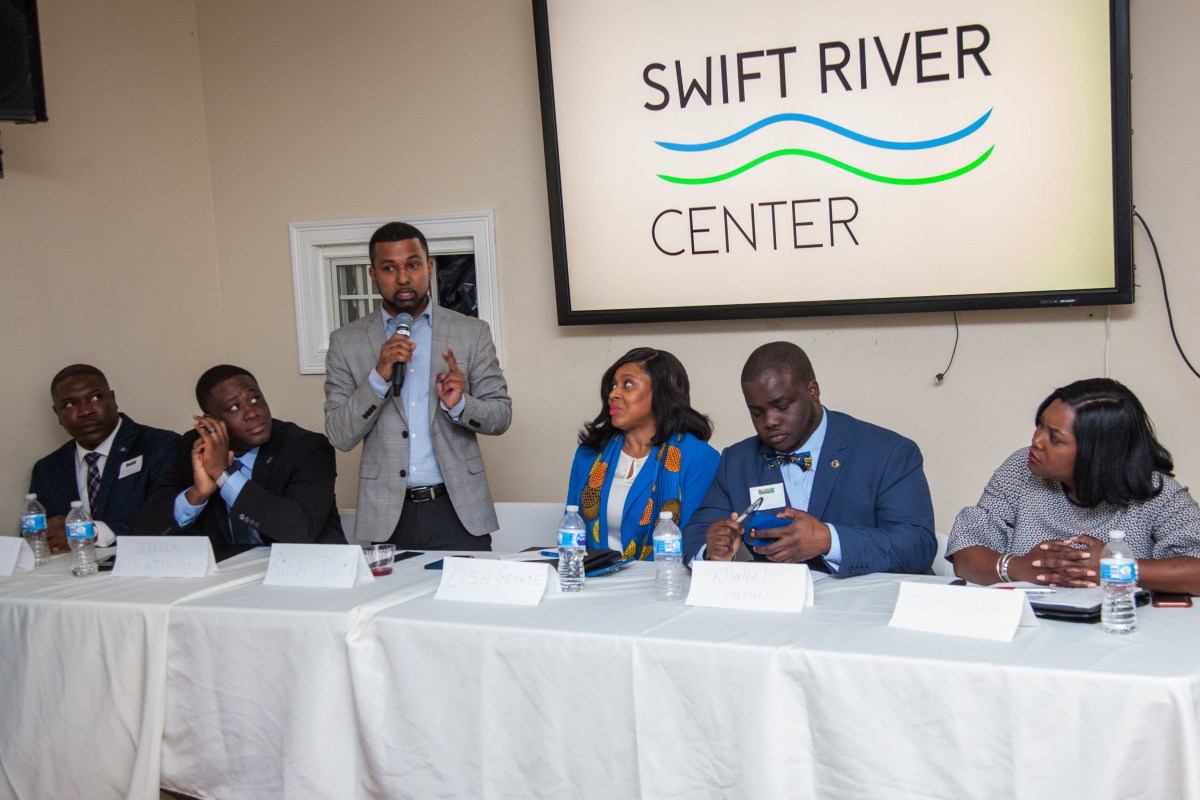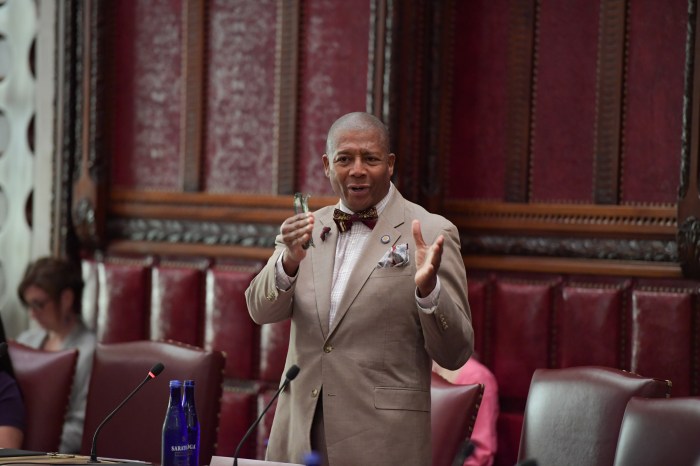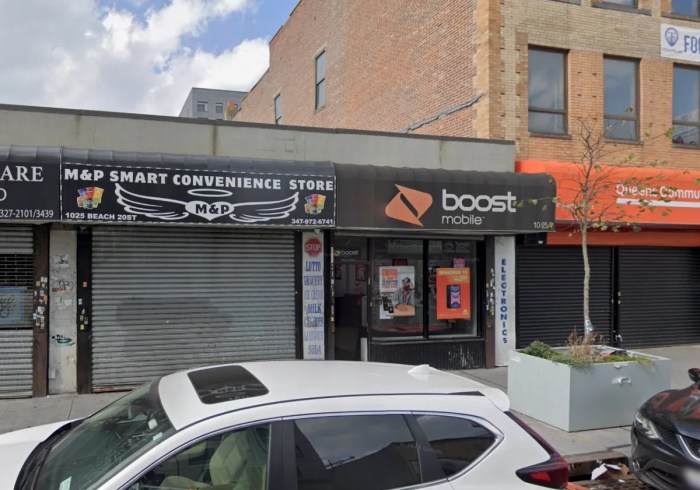The race for the southeastern Queens assembly seat vacated by Michele Titus kicked off Monday, March 2, in Rosedale with a forum hosted by the BlaQue Resource Network before the April 28 special election.
The event, organized by a recently formed black networking group, not only gave six candidates a chance introduce themselves, extoll their civic bonafides and describe their platforms, but also prepared the audience for the idiosyncratic election process that is ahead for the seat.
In February, Gov. Andrew Cuomo consolidated the special election for Titus’ seat on the same day as the Democratic presidential primary, ensuring a high turnout of voters at the polls – many of whom may lack knowledge of the hyperlocal race. But because Titus term was set to end in 2020, two months after the special election the winner will have to run again in the Democratic primary in June.
Out of the six candidates at the forum, only four will appear on the special election ballot. Chiedu “Shea” Uzoigwe, Derrick DeFlorimonte, Richard David and Tavia Blakely will all run on different party lines in the upcoming race. The other two candidates Lisa George and Khaleel Anderson chose to conserve their resources and run for their next shot at the assembly seat – two months later.
The distinction between the two upcoming political contests came up right away in the opening remarks. David, who was endorsed by the Queens County Democratic Party and had the most cash on hand as of the last filing, framed two different sets of priorities for his campaign: both in the long- and immediate-term.
“We have some immediate challenges that have to be addressed,” said David. “We have a census that’s going to be mailed to our homes. In Assembly District 31, we have among the lowest response rate of anywhere in New York City.”
David, framing his experience working as District Leader and with the NYC Administration of Children’s Services, said that district also needed a seat at the table for the Queens Bus Redesign and the redevelopment of JFK airport, which falls entirely within the district.
David was also among three candidates, including Anderson and George, who made clear that they would fight against rolling back bail reform. The other three candidates didn’t directly state their position on the backlash over bail reform.
Anderson, a Rockaway activist, distinguished himself not only because he pointed out that he was the youngest candidate on the stage, but with a platform that framed his policies as a response to systemic problems such as the housing crisis and environmental racism.
“There is something in the district that needs a change. There are people who say we need to go in a different direction,” said Anderson. “The model of our campaign is a new fight together.”
Asked about the controversial Specialized High School Admissions Test, Anderson was the only candidate to say that he would scrap it. Four of the other candidates answered that they believed the right way to address the disparity in black and Latino admissions to specialized high school was to provide more community resources for preparation. Uzoigwe, a former staffer for Senator Sanders, said that the decision should be left up to the city council.
Despite these policy differences, none of the candidates hesitated to criticize the outgoing assemblywoman for not spending enough time in the district.
George, a Senator James Sander staffer who touted her experience as a mother and PTA president, said that it would be a priority to spend time with constituents. “I’m already doing the work,” she said.
Blakely, a staffer in Titus’s office, took the moment to distance herself from the administration she works for. “Please do not hold me accountable because the former Assemblymember was not present as she was supposed to be,” she said.
Blakely’s responsibilities with Titus’ office later led to tension. After Blakely claimed that she was still “running this district as we speak,” David corrected her that she was not working in the office anymore. Blakely shot back that she was still on payroll until April 28 and would be fulfilling her responsibilities until then.
That wasn’t the only charged moment. When one of audience members asked all the candidates who they thought was least qualified to represent the district, no one threw any of their colleagues under the bus, but DeFlorimonte, member of Community Board 13 and a combat medic with the Army National Guard, did accuse one of his competitors of contesting his petition signatures in an effort to knock him off the ballot.
“I don’t know who it is yet,” said DeFlorimonte.
The forum provided the candidates a chance to vaunt their dedication to the district. Despite the sparks, the candidates – many of whom know each other from their community work over the years – stuck around the venue after it was over to debrief with the members of the audience and one another.
“There is so much that we didn’t get to touch on tonight,” David said. “But this is the start of an incredible conversation.”



































